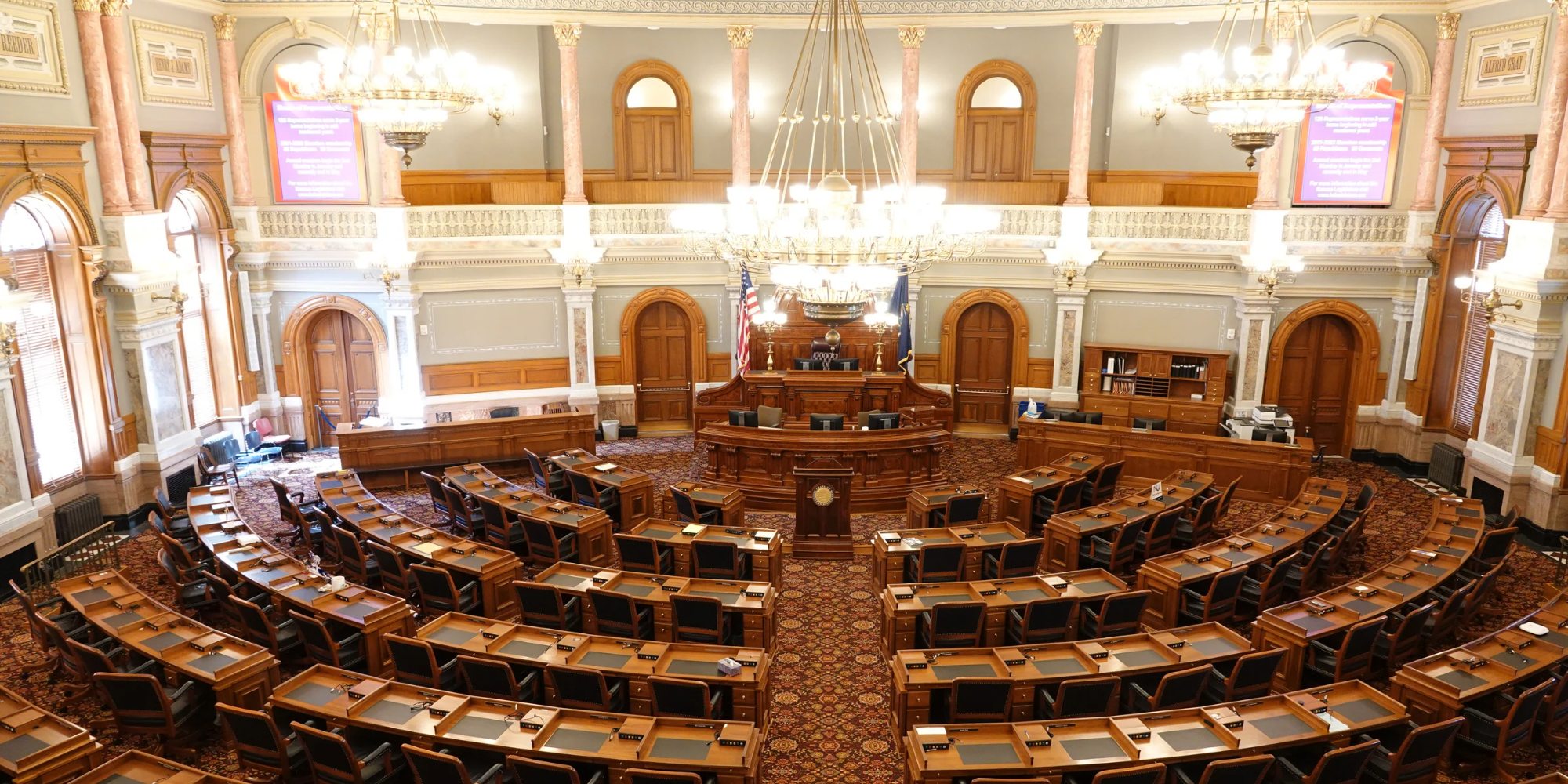
On Friday, June 9, House Ways and Means Committee Chairman Jason Smith introduced the American Families and Jobs Act (“the Act”). The Act is a tax package designed to create domestic jobs, provide tax relief to middle-class families, and encourage companies to re-onshore their manufacturing processes. The Act contains three bills: the Tax Cuts for Working Families Act (H.R. 3936), the Small Business Jobs Act (H.R. 3937), and the Build It in America Act (H.R. 3938). The following presents a complete list of the Act’s amendments to the Internal Revenue Code and provides further detail about select amendments.
Build It in America Act:
Implements a temporary, retroactive Section 174 “Fix” through the tax year 2025.
Extends 100% Bonus Depreciation through the tax year 2025.
Repeals two clean electricity tax credits:
Section 45Y (Clean Electricity Production Tax Credit)
Section 48E (Clean Electricity Investment Tax Credit)
Repeals two clean vehicle tax credits:
Section 25E (Credit for Previously-Owned Clean Vehicles)
Section 45W (Credit for Qualified Commercial Clean Vehicles)
Extends favorable rules for interest deductibility through the tax year 2025.
Overhauls the Clean Vehicle Credit under Section 30D.
Repeals the superfund tax on petroleum.
Rolls back certain newly implemented Treasury Regulations for the Foreign Tax Credit.
Blocks “Countries of Concern” (namely, China, Russia, and Iran) from purchasing American ranch land.
Small Business Jobs Act:
Raises the 100% expensing threshold for small businesses to $2.5 million.
Raises the amount triggering a business owner’s duty to send tax forms to a contractor from $600 in services performed for the business to $5,000.
Repeals the planned reduction in IRS reporting threshold for digital payment applications like Venmo or Paypal (threshold would remain $20,000).
Changes certain credits to allow startups organized as S-Corporations to access tax credits designed to incentivize startup businesses.
Creates a Rural Opportunity Zone program, which provides incentives for investments in certain rural areas.
Tax Cuts for Working Families Act:
Introduces a $4,000 Guaranteed Deduction Bonus (applies on top of the Standard Deduction).
1. Fixes the Section 174 Amortization Issue.
The Act provides the long-awaited fix for the looming mandatory amortization of Research & Experimentation Expenditures under IRC Section 174 (the R&D Credit). The Act introduces the new and temporary Section 174A which provides that taxpayers may amortize R&E expenses on an elective basis. In other words, a taxpayer may opt to immediately deduct any eligible expenditures notwithstanding whether the expenditure is also a Section 174 expenditure. Section 174A would expire on December 31, 2025, and subsequently initiate a mandatory amortization regime for Section 174 expenditures.
This fix is attractive for taxpayers that claim the Credit for Increasing Research and Development Activities under IRC Section 41. Expenditures must qualify as Section 174 expenditures to satisfy the requirements for the R&D Credit, so credit claimants thus typically accrue a substantial amount of Section 174 expenditures in any given tax year. The fix allows such taxpayers to immediately deduct eligible expenditures, rather than amortizing them over a five-year period.
2. Extends 100% Bonus Depreciation.
The Act provides for an extension of the 100% Bonus Depreciation provision under Section 168(k)(6). Bonus Depreciation provides a deduction for certain types of qualifying property placed in service during the tax year. The deduction has been equal to 100% of the taxpayer’s adjusted basis in the qualified property since 2017. However, Bonus Depreciation is set to enter a phasedown, wherein the deduction will fall to 80% of the taxpayer’s adjusted basis in qualified property for the tax year 2023. Bonus Depreciation will continue to decline by 20% each subsequent tax year. The Act proposes to extend 100% Bonus Depreciation through the end of the tax year 2025 before commencing the aforementioned phasedown schedule in 2026.
3. Repeals Four Environmentally Friendly Tax Credits.
The Act proposes to repeal four tax credits – two related to Clean Electricity and two related to Clean Vehicles. The credits that stand to be repealed are:
The Clean Electricity Production Tax Credit under Section 45Y. The Section 45Y Credit has yet to take effect but stands to replace the Section 45 Production Tax Credit after tax year 2024. The repeal of Section 45Y would therefore effectively allow the Production Tax Credit to expire after next year.
The Clean Electricity Investment Tax Credit under Section 48E. The Section 48E Credit has yet to take effect but stands to replace the Section 48 Investment Tax Credit after tax year 2024. The repeal of Section 48E would therefore effectively allow the Investment Tax Credit to expire after next year.
The Credit for Qualified Commercial Clean Vehicles under Section 45W.
The Credit for Previously Owned Clean Vehicles under Section 25E.
4. Raises Immediate Expensing Limitation for Small Businesses to $2.5 million.
The Act proposes to increase the limitation on expensing of depreciable business assets for small businesses under Section 179. Under current Section 179, businesses may elect to deduct up to $1 million in depreciable assets placed into service during the taxable year. The $1 million limitation is reduced dollar-for-dollar by the amount of assets that the taxpayer places into service during the taxable year in excess of $2.5 million. The Act proposes to raise the $1 million limitation to $2.5 million and the $2.5 million phaseout amount to $4 million. The new limits would apply to any property placed in service after December 31, 2023.
Congress is back in session this week with the House likely to vote on the package soon. The bills will not pass the Democrat-controlled Senate as is, so expect the next couple of months to involve the normal partisan horse-trading we have all come to expect from Washington. Regardless, both parties agree that domestic R&D is a good thing, which gives businesses hope that the 174 fixes will pass this year.
CONNECT WITH US